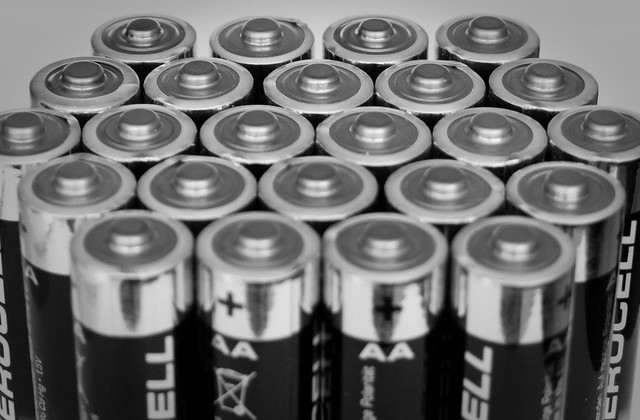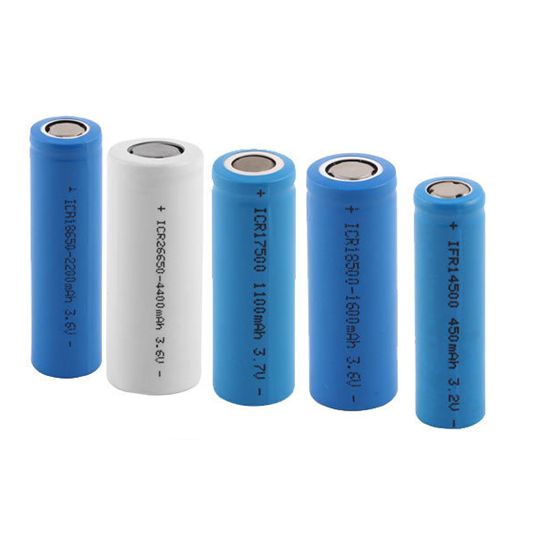Lithium Deep-Cycle Battery Price – Cost and Future Market
Mar 31, 2020 Pageview:1607
A deep-cycle battery is one designed to handle deep and regular discharges by using a larger percentage of its total capacity. Traditionally, the lead-acid battery was the only battery technology manufactured to be deep-cycled and was mainly applied in automotive vehicles. Unlike starter or ‘cranking’ automotive batteries that were only designed to supply a small part of their capacity for starting the engine deep-cycle, lead-acid batteries were manufactured to provide a larger part of their capacity.
However, lithium-ion batteries have since made the headlines as a better deep-cycle battery technology due to its many benefits in its vast fields of applications. These batteries are growing in favor of the population and especially due to its manipulative sizes that allow them to be manufactured for a wide range of applications, whether big or small. When it comes to energy-saving and power output technology, lithium-ion batteries happen to be the best as compared to other battery technologies. They are extremely durable and can handle the toughest of environmental or weather conditions because they tend to be considered temperature resistant.
Lithium-ion deep-cycle batteries are also lightweight and can, therefore, be installed into a variety of positions without the fear of leaking. However, the only disadvantage that comes with this battery technology for deep-cycle options is that it can be quite expensive. This article, however, aims at discussing the lithium-ion as suitable deep-cycle battery technology and whether or not they are worth their prices.
How do they work?
One needs to understand that the difference between a lithium deep-cycle battery and a normal starter battery type is seen under the discharge of the cells. The amount of energy discharged and how it is done so creates the distinguishing characteristic between these two battery types. Deep-cycle batteries are designed to discharge a larger part of their capacity through a process commonly known as deep discharge. On the other hand, starter batteries are manufactured to give out a small part of their capacity at a time.
A starter battery cannot be deeply discharged because if one were to do so, they would end up damaging the cells and, therefore, affecting the battery’s ability to charge to full capacity and thus, degrading its lifespan. Many of these deep-cycle batteries are usually designed to discharge up to about 75% of their total capacity without receiving any damages. However, this is not the standard rate of discharge for all manufacturers because others would even design their batteries to discharge as low as 45%.
The various applications
Deep-cycle batteries are designed to give a substantial amount of energy over extended periods as compared to starter batteries. As such, they are commonly used for big appliances and motors that need a steady and consistent supply of energy. These batteries can be used to power small vehicles such as electric wheelchairs, golf carts as well as forklifts. They are also suitable for other navigational instruments and devices used in motor boats.
They are also commonly applied in off-grid renewable energy sources for power storage, such as wind-power and solar energy. Solar companies have made use of lithium-ion deep-cycle batteries due to their high energy densities and high discharge rates that allow their user to power an entire household using only a few solar panels.
Many a time, you may be advised to consider hybrid batteries as a better alternative to deep-cycle batteries and especially when it comes to marine applications. As much as a hybrid battery is capable of offering both the characteristics or a starter and deep cycle battery, they have a shorter lifespan, and this would increase your expenditure due to constant replacement and maintenance.
How much is a lithium deep-cycle battery?
Lithium-ion deep-cycle battery prices are not fixed or standard even if they are of the same size, shape, capacity, or brand. This is because the major determining factor for the price of a typical lithium-ion deep-cycle battery is usually the applications. In general, it is safe to say that all lithium deep-cycle batteries are expensive. Lithium in itself is a costly raw material, and when used to manufacture some of the most powerful and sustainable types of batteries around, the prices of the end-products tends to be even higher.
A typical lithium-ion deep-cycle battery can fall as low as 300$ to as high as 1000$. This all depends on how deep the discharge is, the number of cycles that the battery can handle, the applications it would be subjected to, and the brand from which you are buying the battery.
Is lithium deep-cycle battery worth the cost?
If you’re wondering whether lithium deep-cycle batteries are worth their high costs, then here are a few benefits they provide that would help you come to a decision:
1.Fast charging
Lithium deep-cycle batteries can charge faster than the old lead-acid ones. Within a short period of about 2 hours, these batteries would be fully charged; thus, saves on charging time, allowing you to use your batteries for longer periods.
2.Last longer
Lithium deep-cycle batteries have a much longer lifespan of 2 – 4 times that of the old lead-acid ones. This means that you get to use your machine for an extended period than if you had lead-acid deep-cycle batteries.
3.They are lighter
Lithium deep-cycle batteries are up to 70% lighter than lead-acid ones. This will significantly help you lower the weight of your machine, giving you a more efficient functioning.
4.Maintenance-free
Unlike lead-acid deep-cycle batteries, which required regular maintenance, lithium deep-cycle batteries remain healthy throughout their lifespan and need no maintenance; therefore, lowering costs.
5.Environmentally friendly
These batteries are safe to be used in the environment and can be disposed of easily as long as it’s in the right way.
6.Low self-discharge rate
Lithium deep cycle batteries have a lower self-discharge rate as compared to lead-acid ones.
How is the future of lithium deep-cycle batteries?
Lithium batteries have seen a major development in its versions, such as lithium-ion, lithium-polymer, lithium iron phosphate, and many others. All these lithium battery types have made a significant contribution to the power management industry, and thus, they would be the major benefactor behind deep-cycle batteries. With lithium battery technology used for deep-cycle batteries, the future of these cells seems bright in the eyes of many experts.
Final words
Therefore, lithium deep-cycle batteries can be said to be worth the price because even though they may be expensive, they carry with them many benefits that surpass older versions. You are thus, advised to switch to a lithium deep-cycle battery for your motorboat or any other machine/appliance and enjoy smooth cruising all the way.
Leave Message
Hottest Categories
-
Hottest Industry News
-
Latest Industry News














